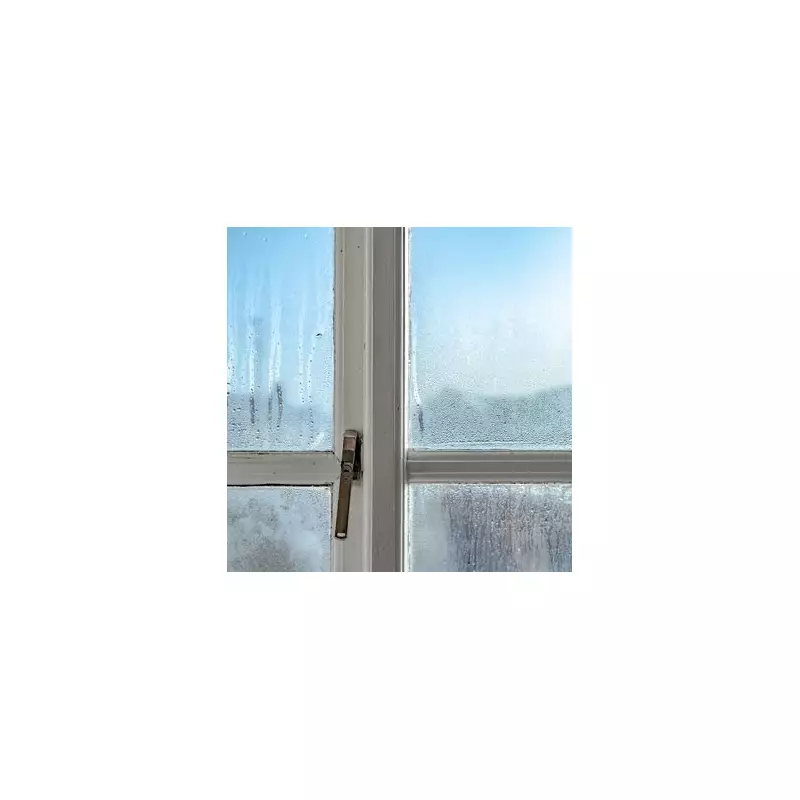
As temperatures plummet across Britain, millions of homeowners are waking up to the same frustrating sight: windows streaming with condensation. This common winter problem isn't just an eyesore – it's a potential health hazard that can lead to costly mould damage if left unchecked.
Why Your Windows Weep in Winter
Condensation occurs when warm, moist air inside your home meets cold window surfaces. The moisture in the air condenses into water droplets, creating the perfect breeding ground for black mould and damaging window frames.
20 Proven Methods to Stop Condensation in Its Tracks
Ventilation Solutions
- Open windows briefly each morning – even 10-15 minutes can dramatically reduce humidity levels
- Use extractor fans in kitchens and bathrooms during and after cooking or showering
- Install trickle vents in window frames for constant, controlled airflow
- Don't block air bricks – ensure external wall vents remain clear
- Use dehumidifiers in problem rooms to extract excess moisture
Lifestyle Adjustments That Make a Difference
- Dry clothes outdoors or in well-ventilated rooms away from windows
- Cover pans while cooking to reduce steam production
- Take cooler showers to minimise bathroom steam
- Move houseplants – they release moisture into the air through transpiration
- Avoid paraffin heaters which produce significant moisture as a byproduct
Home Improvement Hacks
- Upgrade to double glazing if possible – the air gap provides insulation
- Apply anti-condensation paint to problem walls
- Use moisture-absorbing crystals in areas prone to damp
- Install thermal curtains to create an additional insulation layer
- Check your heating – maintaining a consistent temperature helps
Quick Morning Routines
- Wipe down windows each morning with a squeegee or absorbent cloth
- Place salt bowls on windowsills to absorb excess moisture
- Use a hairdryer on cool setting to quickly dry window frames
- Keep furniture away from external walls to improve air circulation
The Health Risks You Can't Ignore
Persistent condensation isn't just a cosmetic issue. Damp conditions can lead to black mould growth, which releases spores that trigger respiratory problems, allergies, and asthma attacks. Protecting your home from excess moisture means protecting your family's health.
When to Seek Professional Help
If you've tried multiple methods and still face significant condensation, it might indicate deeper issues like rising damp, penetrating damp, or insufficient insulation. In these cases, consulting a damp specialist could save you from more extensive repairs down the line.
By implementing even a few of these strategies, you can enjoy clearer windows, fresher air, and peace of mind throughout the coldest months. Remember – consistent prevention beats constant cleaning when it comes to managing home humidity.





